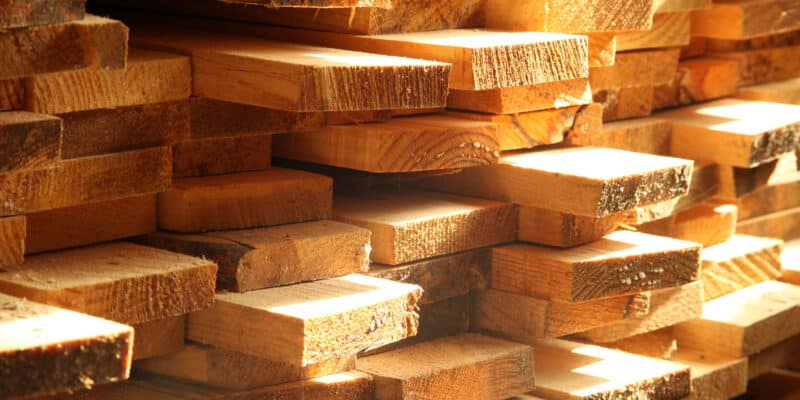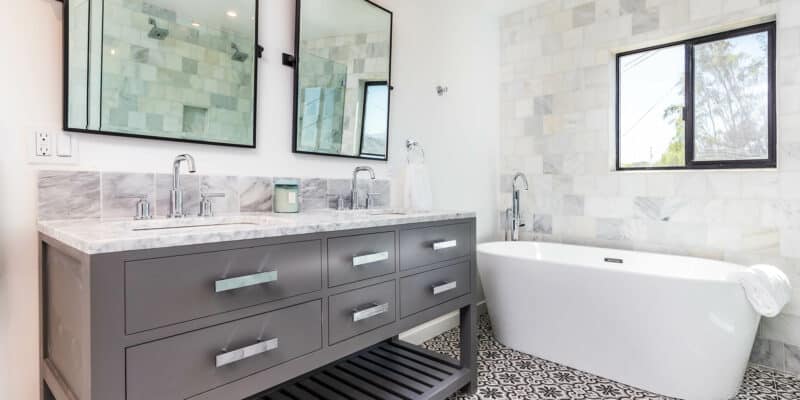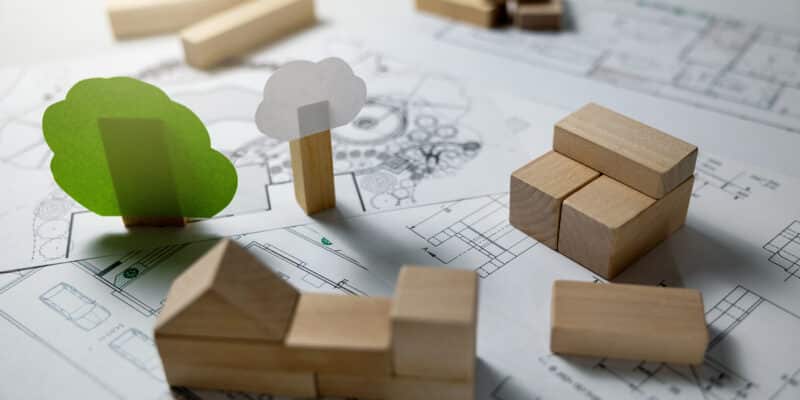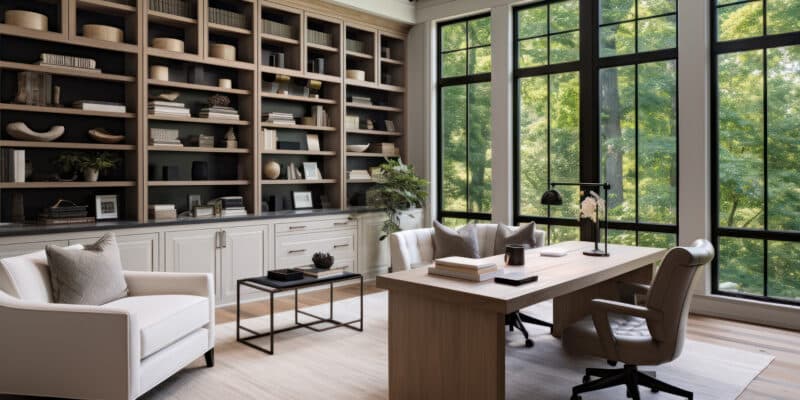When it comes to construction and woodworking projects, selecting the right type of lumber is a critical decision that significantly influences the outcome of your endeavor. Dartmouth Building Supply (DBS) takes pride in offering a diverse range of high-quality lumber options to cater to various needs. In this comprehensive guide, we’ll explore the different types of lumber available at DBS and help you make informed decisions for your next project.
Pine Lumber: Affordable and Versatile
Overview: Pine lumber is a popular choice for its affordability and versatility. It is a softwood with a light color and straight grain.
Best For:
- Indoor projects
- Furniture making
- General construction
Why Choose Pine at DBS: DBS offers a range of pine lumber options, from standard dimensional lumber to specialty boards, providing flexibility for various applications.
Cedar Lumber: Natural Beauty with Durability
Overview: Cedar is known for its natural beauty, pleasant aroma, and resistance to decay and insects. It’s a softwood with a reddish-brown hue.
Best For:
- Outdoor projects (decking, fencing)
- Siding
- Garden structures
Why Choose Cedar at DBS: DBS provides high-quality cedar lumber, ensuring that your outdoor projects not only look stunning but also stand the test of time in various weather conditions.
Oak Lumber: Hard and Durable
Overview: Oak is a hardwood known for its strength and durability. It comes in two main varieties: red oak (lighter color) and white oak (darker color).
Best For:
- Furniture making
- Flooring
- Cabinetry
Why Choose Oak at DBS: DBS’s oak lumber selection includes both red and white oak, offering you options to achieve the desired aesthetic and strength for your woodworking or construction project.
Maple Lumber: Smooth and Attractive
Overview: Maple is a hardwood with a smooth, fine grain. It’s known for its attractive appearance and versatility.
Best For:
- Furniture making
- Cabinetry
- Flooring
Why Choose Maple at DBS: DBS’s maple lumber is sourced for its high quality and aesthetic appeal. Whether you’re crafting furniture or upgrading your interior spaces, maple provides a sleek and sophisticated finish.
Plywood: Affordable and Structural
Overview: Plywood is a versatile engineered wood product made by gluing together layers of thin wood veneers.
Best For:
- Sheathing
- Subfloors
- Cabinets
Why Choose Plywood at DBS: DBS offers a comprehensive range of plywood options, including various thicknesses and grades. It’s an economical choice for structural applications while maintaining strength and durability.
Exotic Hardwoods: Unique and Premium
Overview: For those seeking unique and premium options, DBS provides a selection of exotic hardwoods, such as mahogany, teak, and ipe.
Best For:
- High-end furniture
- Outdoor decking
- Decorative accents
Why Choose Exotic Hardwoods at DBS: DBS’s exotic hardwoods are sourced responsibly and offer distinctive characteristics that elevate your projects to the next level of sophistication and durability.
Making the Right Choice with DBS
Choosing the right type of lumber is a crucial step in the success of your project. With Dartmouth Building Supply, you not only gain access to a wide variety of lumber options but also benefit from expert advice and high-quality materials. Visit our showroom or consult with our knowledgeable staff to explore the perfect lumber for your unique project needs. DBS is committed to providing the building blocks for your success, one piece of lumber at a time.






